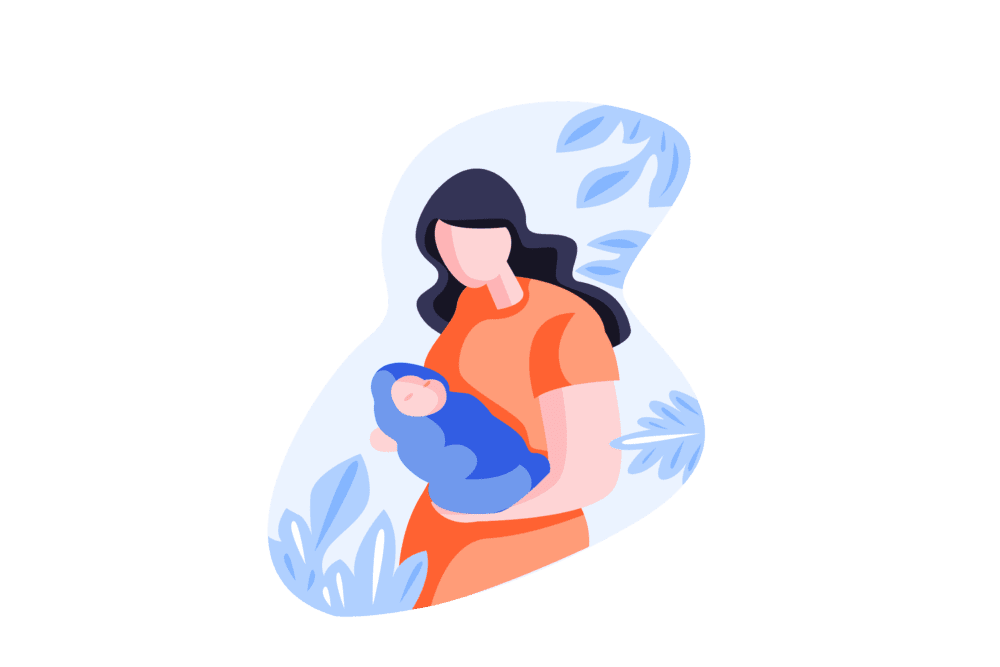Welcoming a new life into the world is a joyous occasion, but for some mothers, the period following childbirth can be marked by emotional challenges. Postpartum depression (PPD) is a serious mental health condition that affects many women after giving birth. It’s crucial to recognize the symptoms and understand the available treatment options to provide support and care for those experiencing PPD.
I. What is Postpartum Depression?
Postpartum depression is a type of mood disorder that can affect women after childbirth, although it can also occur after miscarriage or stillbirth. Unlike the “baby blues,” which is a common, mild mood disturbance that resolves on its own, PPD is more severe and persistent.
II. Symptoms of Postpartum Depression
- Persistent Sadness: A deep and prolonged feeling of sadness or emptiness.
- Loss of Interest or Pleasure: Diminished interest in activities that were once enjoyable.
- Changes in Appetite and Sleep: Significant changes in eating and sleeping patterns, leading to either excessive sleep or insomnia.
- Feelings of Worthlessness or Guilt: Constant self-criticism, feeling worthless or guilty without reason.
- Lack of Energy: Persistent fatigue and a sense of low energy.
- Difficulty Bonding with the Baby: Struggling to form a strong emotional connection with the newborn.
- Intense Irritability or Anger: Outbursts of anger, even over minor issues.
- Difficulty Concentrating: Inability to focus, make decisions, or remember things clearly.
- Thoughts of Self-Harm or Suicide: Persistent thoughts of death, self-harm, or suicide.

III. Causes of Postpartum Depression
The exact cause of PPD is not known, but it likely involves a combination of genetic, biological, hormonal, and environmental factors. Hormonal fluctuations, lack of sleep, and the stress of caring for a newborn can contribute to the onset of PPD.
IV. Treatment Options for Postpartum Depression
- Therapy/Counseling: Psychotherapy, including cognitive-behavioral therapy (CBT) and interpersonal therapy (IPT), can help mothers talk through their feelings and develop coping strategies.
- Medication: Antidepressant medications, such as selective serotonin reuptake inhibitors (SSRIs), can be prescribed under the supervision of a healthcare provider to help regulate mood.
- Support Groups: Joining support groups with other mothers experiencing PPD provides a sense of community and understanding, reducing feelings of isolation.
- Lifestyle Changes: Adequate sleep, regular exercise, and a balanced diet can positively impact mood and overall well-being.
- Social Support: Encouraging mothers to seek help from family and friends can provide practical assistance and emotional support.
- Mindfulness and Relaxation Techniques: Practices like yoga, meditation, and deep breathing can help manage stress and promote relaxation.
Conclusion
Postpartum depression is a challenging condition, but it is treatable. Recognizing the symptoms and understanding the available treatment options are crucial steps toward providing the necessary support for mothers experiencing PPD. By raising awareness, providing resources, and fostering a compassionate environment, we can help mothers navigate this difficult journey and emerge stronger, healthier, and more resilient.
Ready to begin? Start your online therapy journey today. Book your first session now.




